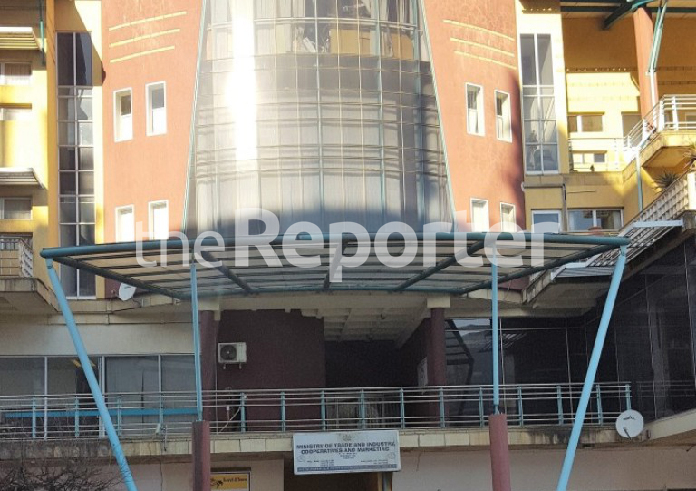NUL student’s smart tech keeps village power flowing

SHARE THIS PAGE!
An electronics engineering student at the National University of Lesotho (NUL), Mahloli Makhetha, has developed a groundbreaking smart battery management system designed to optimise electricity use and extend battery life in village mini-grids.
Her innovation promises to bring more reliable electricity access to rural homes, businesses, and essential services.
In many of Lesotho’s rural communities, electricity is supplied via mini-grids (localised, small-scale solar power plants). These systems harness sunlight during the day and store excess energy in batteries for use at night or during overcast weather. However, one of their major challenges is battery degradation caused by deep discharges, leading to frequent and expensive replacements.
Speaking to theReporter, Makhetha explained, “In some rural areas of Lesotho, people rely on mini-grids – small solar power stations that provide electricity to villages. The problem is that when batteries are drained too much, they get damaged and wear out quickly. And replacing them is super expensive.”
Makhetha’s solution is a compact, smart system that constantly monitors battery levels and alerts users as power runs low. An amber light is the first warning signal, encouraging residents to reduce non-essential electricity use, such as turning off TVs or kettles. If the battery charge continues to drop, the system begins a phased power reduction: first cutting supply to households, then to businesses, while ensuring essential services like clinics remain powered. A red light serves as a final alert before total depletion.
At the heart of the system is an Arduino Uno microcontroller, which serves as the brain behind the operation. It reads data from a sensor circuit that measures battery voltage and, based on programmed thresholds, triggers both warnings and strategic power cuts.
To manage power switching, the Arduino controls relays (electronic switches) via transistors that amplify its low-power signals. Flyback diodes are added to protect the components from voltage spikes when relays are turned off.
During development, Makhetha encountered a challenge: while simulating battery drain with a potentiometer, the system began flickering erratically. She resolved this by reprogramming the Arduino to average multiple voltage readings over time and compare them to a stable reference, eliminating overreactions to small fluctuations.
The system is not only technically sound but also economically viable. At a build cost of just M806, it offers a far more affordable alternative to replacing batteries, which can run into thousands of Maloti. By extending battery life from the usual two to three years to as many as five, the potential savings for communities are substantial.
Beyond cost savings, the system’s visual indicators raise awareness about power consumption and encourage a more measured approach to energy use: avoiding the sudden blackouts often caused by battery failure.
Makhetha’s practical and innovative solution holds great promise for improving the sustainability and reliability of electricity in Lesotho’s off-grid communities.
Looking ahead, she plans to add features such as SMS alerts and expand the system’s capacity to serve larger populations.



Foreign companies in the news again
8 days ago


LeSwitch introduces POS transactions
9 days ago

T Born to release video for hit song
9 days ago
Artists to showcase Lesotho culture in the UK
10 days ago
Butha Buthe to experience loadshedding
10 days ago